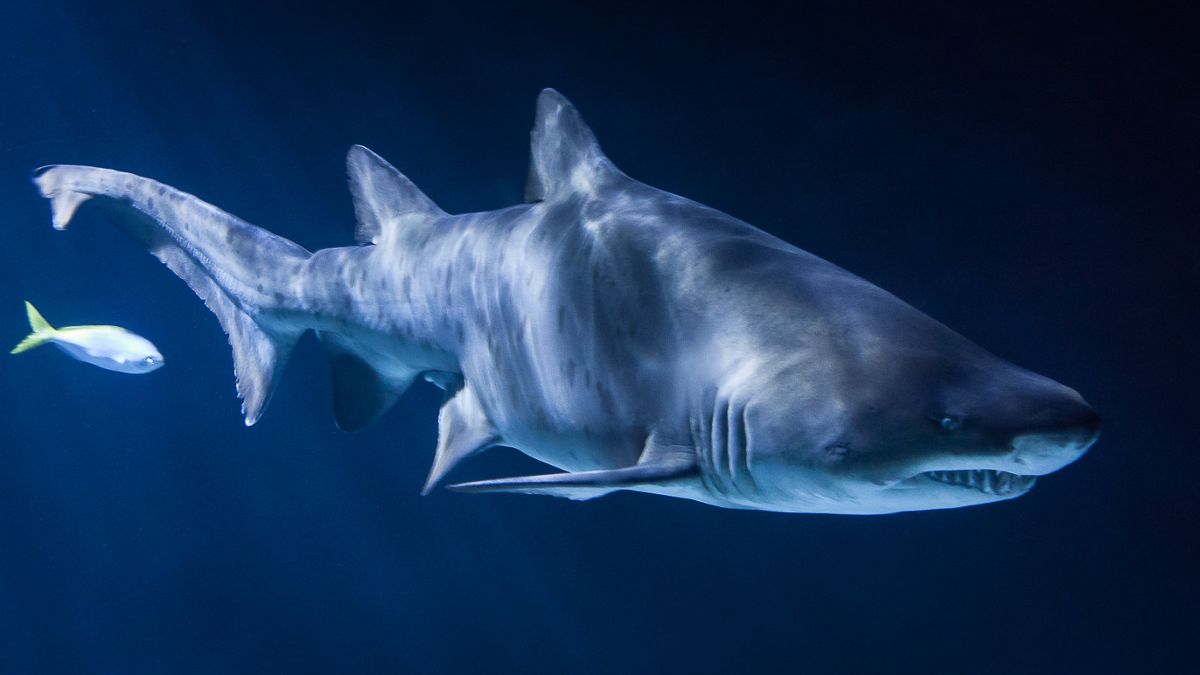Every morning I start my day with a cup of coffee and half a grapefruit. Sugar? No need—I like my breakfast bitter.
If that meal makes you pucker, you’re not alone. Bitterness, like sweetness or saltiness, is one of the major taste sensations. And while it makes our food flavorful, detecting bitterness can sometimes be a warning that we’re eating something toxic.
Since our ability to notice harsh tastes is a pretty useful skill, some scientists set out to determine its origins. To do so, they studied certain taste receptors, which reside in specialized cells in our taste buds. These receptors detect bitterness and are called T2Rs. While we can’t know if other creatures like their coffee black, we can see if they have T2Rs by looking at their genes. So, the researchers examined the genomes of some creatures with a truly ancient lineage: sharks. As it turns out, the shark species examined possess some of the same bitter taste receptors as we do.
What does it matter that both sharks and I enjoy an astringent snack? Humans are bony vertebrates, while sharks’ skeletons are made of cartilage. In the animal kingdom, the split between bony and cartilaginous creatures happened in the distant past, making it unlikely that sharks and humans separately evolved our bitterness-tasting ability. This means that the origin of bitter taste perception likely developed in a common ancestor. But when did this ancestor live? Some 460 million years ago!
That’s a pretty ancient origin, and it suggests that bitter perception developed much earlier than scientists had previously thought. Now—anyone else craving a slice of grapefruit?










